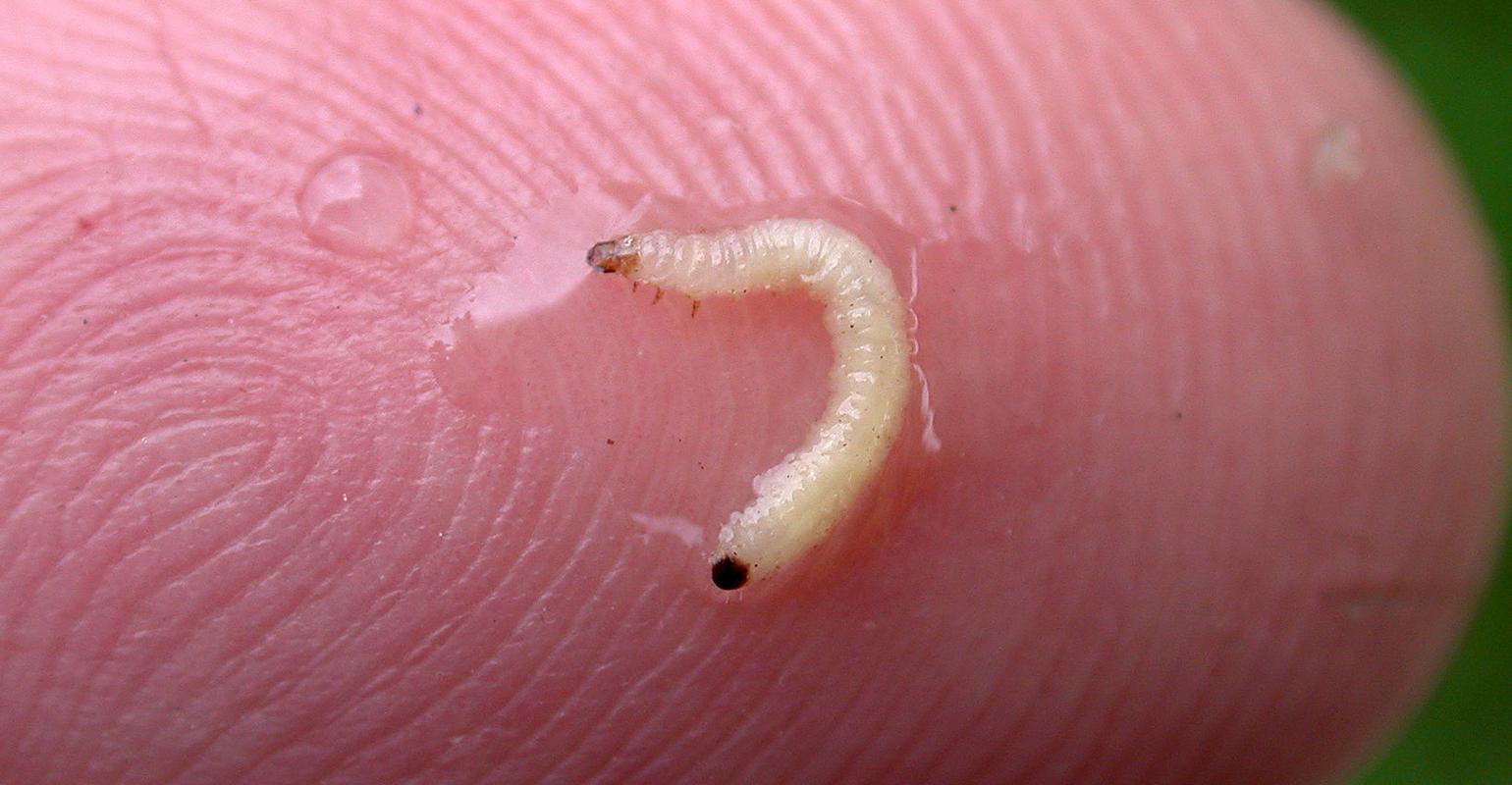Rootworm trait decision may hinge on where you farm

Corn Pest Beat: It’s less risky to drop the trait if you don’t farm in western Indiana or if you had few rootworm beetles in soybean fields in 2019.
Jan 30, 2020
I haven’t had problems with corn rootworm in at least five years. I’ve used hybrids with rootworm protection, but saving money is no longer just optional. Can I switch to hybrids without rootworm protection? Or should I cut elsewhere?
The Indiana certified crop adviser panel answering this question includes Gene Flaningam, Flaningam Ag Consulting, Vincennes; Greg Kneubuhler, G&K Concepts Inc., Harlan; and Bryan Overstreet, Jasper County Extension ag educator.
Flaningam: I suggest looking at plot data and using on-farm research for proper hybrid selection. I see many benefits from choosing hybrids with rootworm protection. Hybrids that have genetic rootworm protection seem to have a more extensive root system. A good root system provides good plant health, standability and lodging resistance.
You need to weigh out the yield potential versus the cost of the traits when you are selecting hybrids. Fewer traits will require you to do more intensive management. As a reminder, there is no rescue treatment for damaged roots in a growing crop.
Kneubuhler: It would be wrong to assume the entire state of Indiana has the same potential for rootworm pressure. It really needs to be evaluated annually to get an idea of potential pressure for next season. The western corn rootworm lays eggs in soybean fields and can overwinter to become rootworm pressure the following season. You can get an idea of what kind of pressure to expect the following year based on rootworm beetle numbers in soybeans from last year. Of course, it’s too late to know that today, but if you had done scouting last summer, you may have some level of expectation.
I will say that in general, our rootworm beetle counts have been rather low over the last several years. Depending on where you’re located in the state, it could be safe to assume using hybrids without rootworm protection is a safe choice. That’s especially true if you know you haven’t had problems the last five years. If you farm on the west side of the state, I would not necessarily make that assumption.
Overstreet: First question I would ask you is this: Did you scout your fields last summer for rootworm beetle adults? If you did, it could give you an educated guess on if you need to treat in 2020. For more information on scouting for rootworms, go to Purdue’s Field Crops IPM webpage.
If you didn’t scout and are in an area of the state that has had problems with rootworms over the years, I would not cut back, especially on corn-after-corn acres. In parts of the state, a corn rootworm variant has also laid eggs in soybeans in the past, so this also needs to be considered.
Crop rotation doesn’t help with this situation. I have seen too many cases the last couple of years where farmers have tried to avoid that expense, and it has been costly. If your fields may be at risk, I would look at other places to cut expenses.

